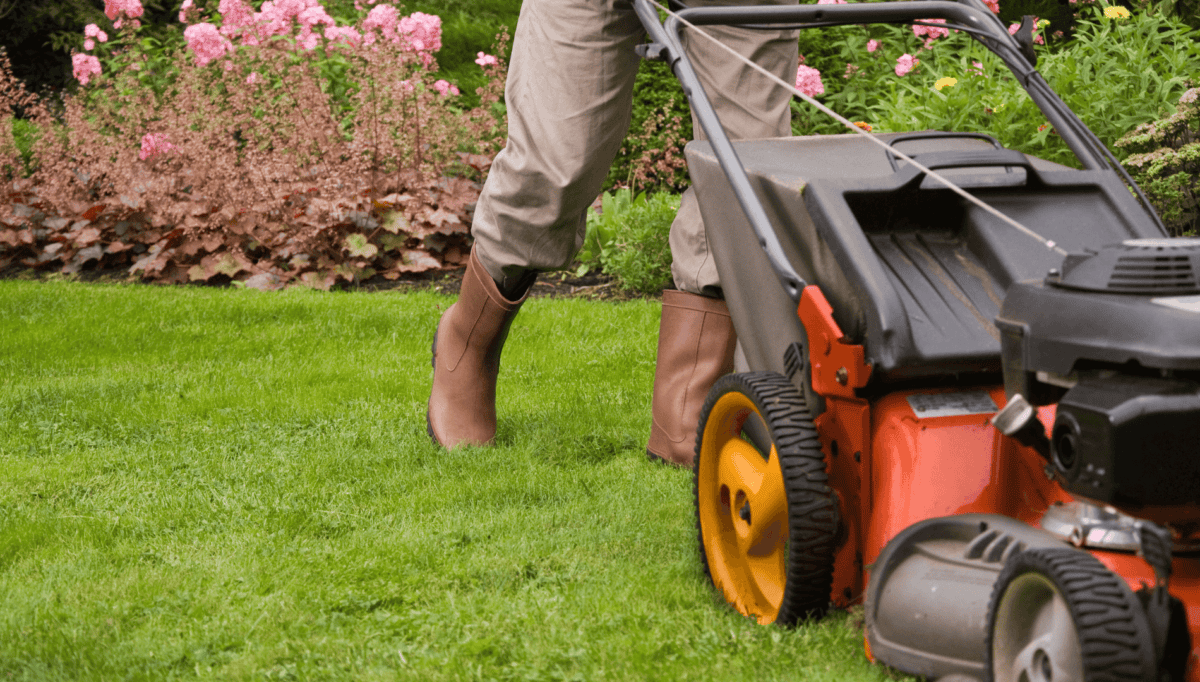- Understanding the Impact of Noise Pollution on Hearing Health - June 4, 2025
- Can Swimming With Hearing Aids Be Safe? - May 7, 2025
- Why Hydration Matters for Hearing Health - April 9, 2025
Noise pollution can be found almost everywhere in our daily lives, but it is often overlooked as a health hazard. However, prolonged exposure to high noise levels can lead to hearing loss over time and affect those of any age. Understanding how noise pollution impacts hearing and taking proactive steps to protect your ear health can help reduce these long-term risks.
How Noise Pollution Affects Hearing
Noise pollution refers to excessive or disruptive sounds from an outside source like construction, power tools, traffic, or even loud forms of entertainment. With constant exposure over time, the high-decibel sounds can damage the delicate structures inside the ear. The tiny hair cells in the inner ear are what are responsible for transmitting sound signals to the brain. Once they are damaged, they cannot regenerate, which can result in noise-induced hearing loss. This is one form of hearing loss that develops slowly over time and is often overlooked.
Who is at the Highest Risk?
Hearing loss that is caused by noise pollution can affect anyone of any age and any gender, but some groups are a bit more vulnerable than others.
Working Professionals and Young Adults
Many professionals and young adults willingly expose themselves to loud environments regularly, whether through personal listening devices, workplace noise, or concerts. Studies have shown that frequent exposure to anything over 85 decibels can lead to permanent hearing loss. For comparison, this is like being in a noisy restaurant or running a food blender.
Older Individuals
Aging will naturally affect hearing, but persistent exposure to noise pollution can make the process go much faster. Individuals over the age of 50 are more susceptible to hearing loss, and any additional noise exposure can worsen the condition. Protecting hearing by limiting noise exposure can be even more critical as people age.
Industrial and Construction Workers
Those who work in manufacturing, construction, and other industries that produce a large amount of noise are at an increased risk of occupational hearing loss. Without proper hearing protection, repeated exposure to loud machinery and noise from tools can significantly damage hearing over time.
Signs of Noise-Induced Hearing Loss
There are signs of hearing damage that you may recognize. If these are noticed, it is important to take immediate action. Some of the common indicators of loss include:
- Difficulty understanding of following conversations, especially when in a noisy environment;
- A constant buzzing or ringing in the ears known as tinnitus;
- The need to increase the volume of electronics, even when others say the volume is fine;
- A feeling of pressure or fullness in the ears after being exposed to loud noise.
If any of these symptoms occur, consult with a hearing specialist for a comprehensive evaluation.
How to Protect Your Hearing
Preventing noise-induced hearing loss involves a few simple but effective strategies. Taking proactive steps to limit exposure can preserve your hearing health in the long term.
Use Ear Protection
Simply wearing earplugs or noise-canceling earmuffs in loud environments, like construction sites, during road work, or at sporting events, can significantly reduce the risk of hearing damage.
Limit Headphone Volume and Duration
Listening to music at a moderate volume and following the 60/60 rule helps protect hearing from exposure to high-decibel sounds. The 60/60 rule is when using headphones, keep that volume at 60 percent and only listen for 60 minutes at a time.
Maintain a Safe Distance from Noise
When it is possible, staying away from loud engines, loudspeakers, and sources of high-volume noise can reduce direct exposure. Even small adjustments in distance of just a few feet can make a big difference.
Invest in Noise-Reducing Options
Creating quieter spaces in your home or office through the use of carpets, curtains, and other forms of sound absorption. Soundproofing techniques or the use of white noise machines can also help create a quieter environment.
Regular Check-ups
Routine hearing tests by a skilled professional can help catch the early warning signs of hearing loss. Regular checkups allow individuals to take preventative measures before significant damage can occur.
Prioritizing Hearing Health for the Future
Hearing is vital to our daily lives, and protecting it should be a priority. By being mindful of noise exposure and taking measures to protect your hearing, you can maintain better hearing health for years to come.
If you are experiencing hearing concerns or want to take some proactive steps to protect your hearing, check with Coweta Hearing Clinic. Our specialists are ready to help you maintain optimal hearing health.

